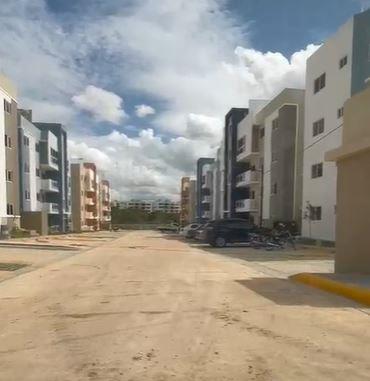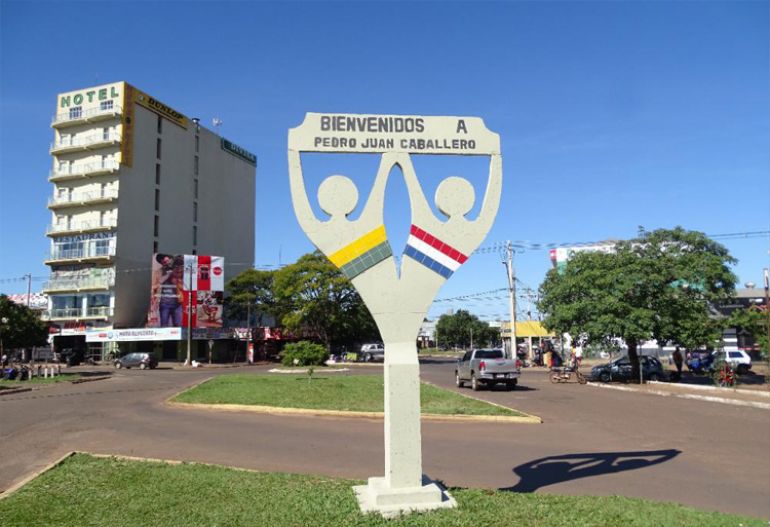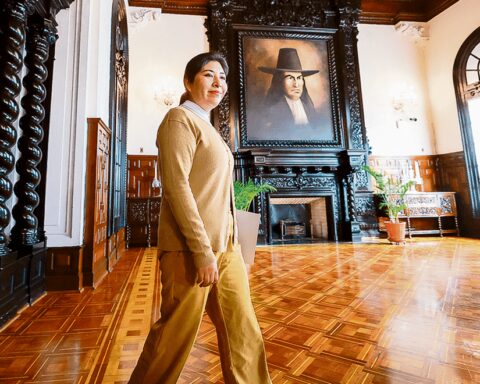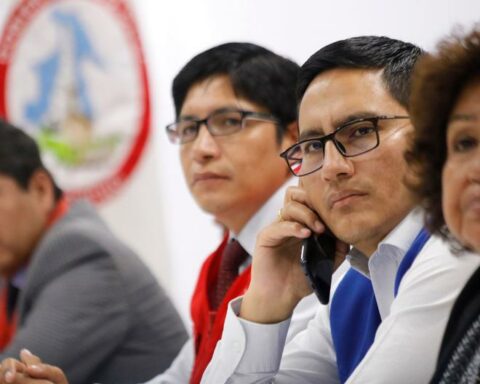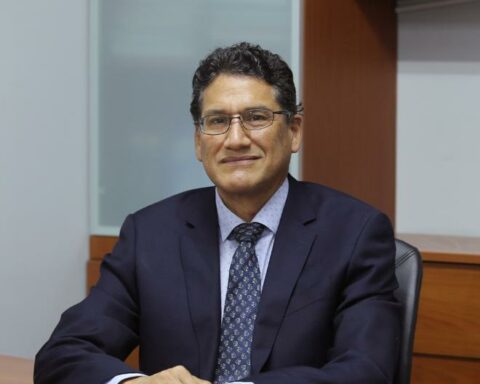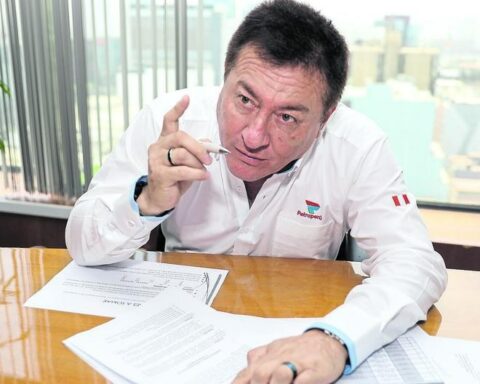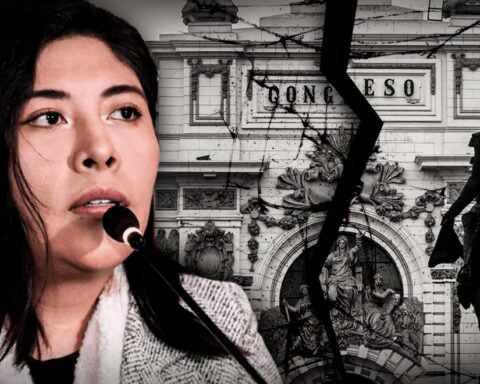In the last week, the Inter American Press Association (IAPA) issued three pronouncements in relation to our country. The first for the ‘Gag Law‘; the second for the kidnapping of Fourth Estate journalists in Chadín (Cajamarca) at the hands of patrolmen; and the third to report that, in recent weeks, Peru had “the worst climate for press freedom.” For Carlos Jornetpresident of the IAPA’s Committee on Freedom of the Press and Information, these are not minor issues.
The Executive seeks to penalize the dissemination of information on criminal investigations. How do you think this will affect the press?
If this ‘Gag Law’ is approved, not only would freedom of the press be affected, but it will condition the people’s right to information and, most seriously, their essential right to control and verify government acts.
Could it be said that there is an attempt to hinder the sources of information?
In other countries, what the famous “insult” laws do is condition journalistic work and pose the threat of prison for criminal matters. Here the figure is quite similar. It is a project that not only contemplates punishing the source, but could lead to considering journalists who investigate facts related to acts of corruption of officials as instigators or accomplices of the crime.
LOOK: Walter Gutiérrez on Pedro Castillo: “He is a vicious violator of the Constitution”
In a case of this type, would the reserve of the sources be put in danger?
Exact. This censorship project expressly violates several points of the declaration of principles of freedom of expression of the Inter-American Commission on Human Rights (IACHR). It violates point 2 on the right to receive and disseminate information; 4, on free access to information held by the State; 5, which sees prior censorship and any obstacle to the free flow of information; 10, which speaks of the non-restriction of information on topics of public interest; and 11, which establishes the supreme principle that public officials are subject to public scrutiny. The essence of democracy is the possibility for the people to control their rulers.
Something that generates concern in Peru is the Congress, which has to do with the norm. How would Parliament’s eventual support for this project be perceived?
If you want to respect the freedom of the press, you have to withdraw this censorship project that also promotes self-censorship and sanctions for those who report or disseminate facts linked above all to acts of corruption in the Government. If President Pedro Castillo does not do it, then Congress would have to stop this project because it not only attacks journalists who have a duty to inform, but also attacks the essence of democracy, which is the possibility that the people control their rulers. . What differentiates a democratic government from an authoritarian government is the power of the people over their rulers. The power to put them on trial when they are violating the norms that make up life in society is completely legitimate.
This week, the Government has also made elusive statements about the kidnapping denounced by journalists from Cuarto Poder. How do you see this particular case?
We view this with great concern. One piece of information that shows this concern is that in the last 48 hours we have had to speak out twice on situations that compromise press freedom in Peru. One for the case he cites, referring to the kidnapping and the ronderos, and the second for this ‘Gag Law’ project. In both cases, the Government of Peru has had an ambiguous position to specify its rejection of the first point (kidnapping), and in the second case, promoting a project that poses a threat to the exercise of journalistic activity, in order to to protect the Executive Branch and its officials in cases of corruption. It is necessary that peter castle Say if you are willing to respect freedom of the press, if so, and if necessary, by hiring someone who will indicate to you, in legislative and administrative matters, the ways to protect the journalistic exercise without being attacked in this way.
In April, he indicated that a special commission would be sent to Peru to see these alarms. Are you in talks at the SIP level?
We have several fronts open, we have just done a mission to Washington (United States) to talk about the situation the press is experiencing, we have talked about the situation in Nicaragua and Cuba and about these alarm signals that are going on in Latin America, such as Peru and El Salvador. We permanently monitor the situation in Peru and if necessary we are willing to mobilize there to raise these issues at the highest political level in defense of press freedom.
Keep in mind
- The IAPA concluded that Peru has the worst climate for press freedom after analyzing the complaints about each country in the region through the tool sipbot.net
- On Wednesday, the Government sent to Congress the bill that seeks to punish information leaks with up to 4 years in prison.
- The Peruvian Press Council, the Press and Society Institute, the National Radio and Television Society, the National Association of Journalists, the Ombudsman’s Office and the Association of Journalists reject the Executive’s proposal.

![[Entrevista] Carlos Jornet: "Gag Law affects principles of freedom of expression of the Inter-American Commission on Human Rights"](https://latin-american.news/wp-content/uploads/2022/07/Entrevista-Carlos-Jornet-Gag-Law-affects-principles-of-freedom-of.jpg)
